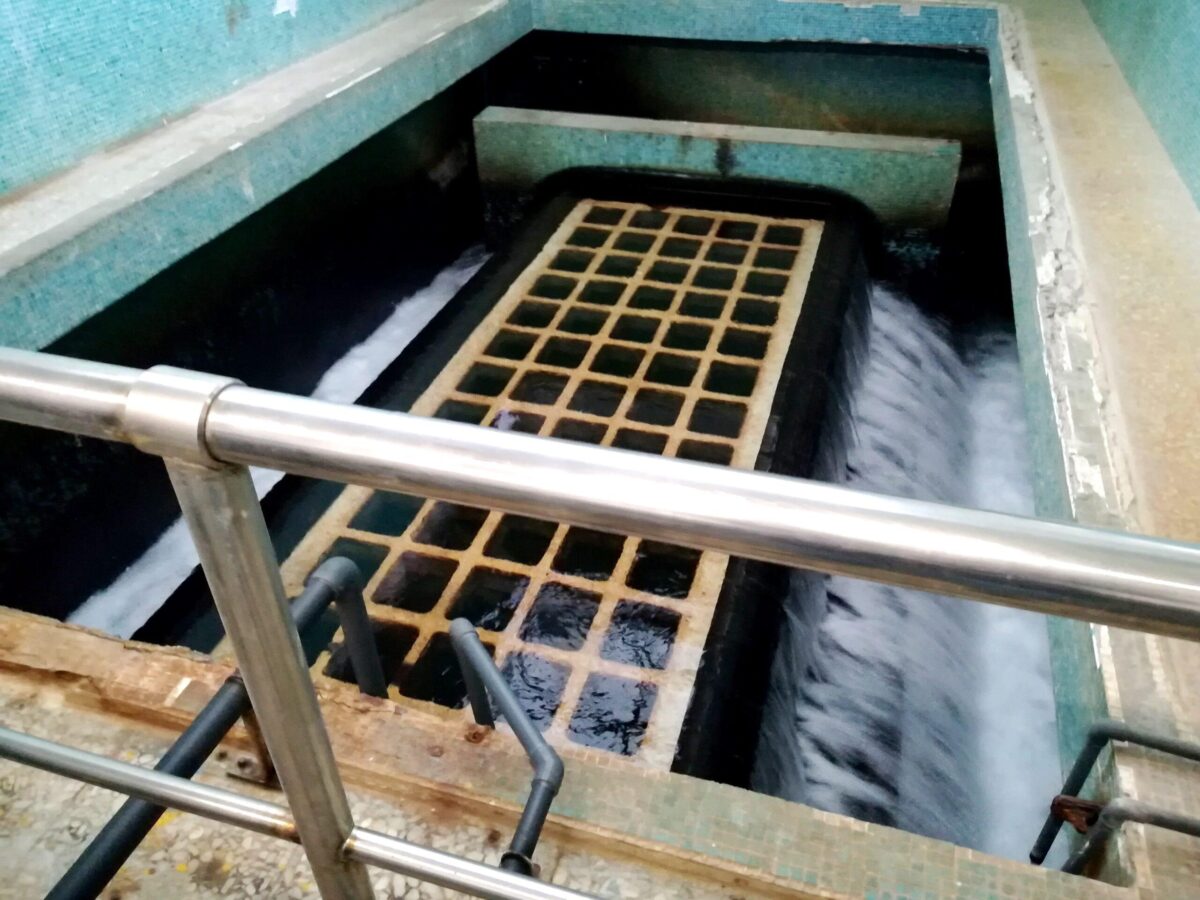[vc_row][vc_column][vc_column_text]
The emerGEN project aims to improve knowledge on the current state of the quality of water resources, as well as the effectiveness of different treatments for the elimination of contaminants of emerging concern
The GAIKER Technology Centre, member of the Basque Research & Technology Alliance and the Basque Health Cluster, together with the Consorcio de Aguas Bilbao Bizkaia (promoter of the research), the University of the Basque Country (EHU/UPV) and the company Cadagua S.A., is working on the emerGEN project, the aim of which is to trace and determine the treatability of contaminants of emerging concern (CECs) that may be detected in the water supply and sewerage of Bizkaia, to study the presence of antibiotic-resistant bacteria and resistance genes, and to carry out toxicity studies both in the environment and for human health.
CECs are compounds whose presence in the environment has only recently become known and which are not sufficiently researched or regulated, so there is a certain lack of knowledge about the risks they pose. There are different types of CECs such as endocrine disruptors, per- and poly-fluorinated substances, personal care and hygiene products and/or pharmaceuticals.
In order to learn more about the risks of these pollutants and improve knowledge about the current state of the quality of water resources and the effectiveness of drinking water treatment, the Consortium promoted the emerGEN project in 2020, which will end at the end of this year. Throughout this time, different samples have been collected at five different drinking water treatment sources, as well as at a point associated with a wastewater treatment plant, for subsequent analysis and toxicity tests.
Thanks to these samples, it is possible to know the typology, concentration and seasonal variation of the CECs in the water, their elimination yields in the drinking water treatment and purification stations studied and their levels of environmental and human toxicity. The tests carried out at the Bilbao Bizkaia Advanced Water Treatment Centre (CATABB) have made it possible to evaluate the efficacy of the different conventional and advanced treatments in the elimination or reduction of these CECs.
GAIKER, as an expert in wastewater and supply water treatability studies, has participated in this project in the development of sampling campaigns, taking five samples per year, covering the entire annual seasonality. He has also carried out different tests to analyse the environmental and human toxicity of these compounds and the detection of antibiotic resistant bacteria (ARB) and antibiotic resistance genes (ARG). Specifically, it has studied the sensitivity to sixteen different antibiotics in wastewater and has detected and quantified resistance genes to five families of antibiotics.
The information obtained in this project will help the Consorcio de Aguas Bilbao Bizkaia to face new future challenges, derived from legislation with increasing demands, and to develop new detection methods. All this will help to optimise the management of water resources and guarantee maximum quality in its services.[/vc_column_text][dt_blog_list post_type=”posts” cl_image_width=”25%” content_bg=”n” post_date=”n” post_category=”n” post_author=”n” post_comments=”n” content_font_style=”italic:normal:none” read_more_button_text=”Member’s card” posts_offset=”0″ order=”asc” orderby=”title” posts=”6697, 6993″][/vc_column][/vc_row]


